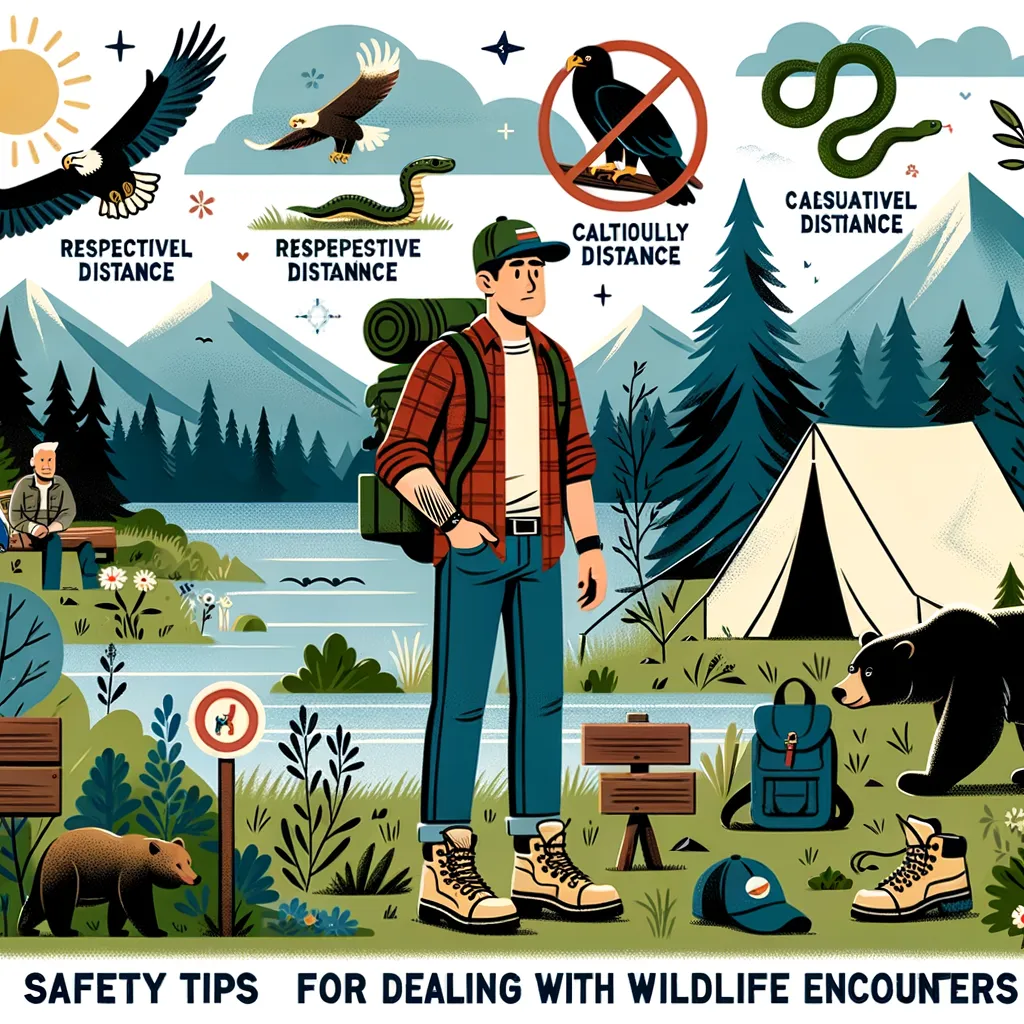Understanding the Impact of Tourism on Small Island Communities: A Guide for Parents
Hello, dear parents! Are you planning your next family adventure but want to tread lightly and responsibly, especially in delicate ecosystems like those found on small islands? You’re in the right place! In this guide, we’ll delve into the intricate world of tourism’s impacts on small island communities. We aim to provide you with insightful information that not only broadens your horizons but also equips you and your young ones with the knowledge to become more considerate and sustainable travelers.
Introduction to The Delicate Balance of Small Island Ecosystems
Small islands are unique, not just in their breathtaking beauty and diversity but also in their ecological and cultural sensitivity. These islands host ecosystems that are incredibly rich in biodiversity but equally fragile due to their isolation and limited resources. Balancing tourism, the lifeline for many of these communities, with preserving their natural environment and cultural heritage, presents a complex challenge.
Positive Impacts of Tourism on Small Island Communities
Let’s start with the sunny side! Tourism, when managed well, can greatly benefit small island communities. Here are a few ways how:
- Economic Benefits: Tourism is often a vital source of income for these communities. It provides jobs and entrepreneurial opportunities, contributing significantly to the local economy.
- Cultural Exchange: It opens doors for cultural exchange, allowing communities to proudly showcase their heritage, traditions, and way of life to the world.
- Conservation Efforts: Responsible tourism can fund conservation projects, helping preserve the unique wildlife and natural landscapes that make these islands so special.
The Flip Side: Negative Impacts of Tourism
However, it’s crucial to understand that there’s also a flip side. Without responsible management, tourism can have some adverse effects:
- Environmental Degradation: Overdevelopment and excessive tourism can lead to pollution, waste problems, and significant harm to wildlife and their habitats.
- Resource Depletion: The increased demand on resources such as water, food, and energy can put a strain on these limited island resources, affecting both locals and the environment.
- Cultural Erosion: Without careful management, tourism can dilute or even harm local cultures and traditions, replacing them with a more globalized or tourist-centric culture.
As parents, it’s essential to educate ourselves and our children about these issues. Doing so not only enhances our travel experiences but also contributes to the well-being of these beautiful yet vulnerable destinations.
Embracing Sustainable Tourism: Tips for Families
So, how can we as traveling families embrace sustainable tourism and make a positive impact? Here are a few tips:
- Choose eco-friendly accommodations and tour operators that prioritize sustainability and are involved in preserving the local environment and culture.
- Support local economies by buying local products and engaging in experiences that directly benefit the community.
- Be mindful of your environmental footprint by minimizing waste, conserving water, and reducing energy consumption during your travels.
Fostering a world of responsible travelers starts at home. By teaching our children about the importance of sustainable tourism, we’re setting the stage for a future where travel is not only about exploring new places but also about preserving them for generations to come.
In the next section of this guide, we’ll dive deeper into specific ways families can engage in responsible tourism practices, offering real-world examples and actionable advice you can take on your next adventure. Stay tuned!
Five Critical Insights for Parents Preparing for Visits to Small Island Communities
Heading to a small island for your family’s next vacation can be an incredibly enriching experience. However, to ensure that your visit has a positive impact on the local ecosystem and community, there are several things you should be aware of. Below, we explore five essential insights that can help parents prepare adequately for a visit to small island communities and ensure their tourism practices are sustainable and beneficial.
1. Understand the Local Environment and Culture Before You Go
The first step towards responsible tourism is gaining a thorough understanding of the destination’s local environment and culture. Small islands often have delicate ecosystems and unique cultural practices that deserve respect and appreciation. Before your trip, take the time to research the island’s wildlife, natural resources, and cultural norms. This not only enhances your travel experience but also ensures you and your family do not inadvertently harm the local habitat or offend community members with uninformed actions.
2. Engage in Responsible Wildlife Watching
Small islands are usually home to rare species of plants and animals, some of which may not be found anywhere else in the world. While it’s exciting to observe these in their natural habitat, it’s crucial to do so responsibly. Always maintain a respectful distance from wildlife, stick to designated paths, and avoid feeding or touching the animals, as this can disrupt their natural behavior and diet. Choosing tour operators who emphasize ethical wildlife interactions is a great way to ensure your experiences align with conservation efforts.
3. Opt for Low-Impact Activities
Part of the allure of visiting a small island is engaging in various outdoor activities, such as snorkeling, hiking, or bird-watching. When planning these excursions, prioritize options that have a minimal environmental impact. Look for tours that operate in smaller groups, use environmentally friendly equipment, and have a strong commitment to local conservation efforts. This is not only better for the environment but often offers a more personal and immersive experience.
4. Teach Your Children About Sustainable Travel Practices
Traveling to small island communities provides a fantastic opportunity to teach your children about the importance of sustainable living and environmental conservation. Encourage them to think about how their actions—such as using single-use plastics, wasting food, or leaving trash behind—can affect the local environment. Discuss the concept of “leave no trace” and the importance of preserving natural and cultural sites for future visitors and local residents alike.
5. Be Conscious of Your Consumption
Island communities often have limited resources, and the influx of tourists can strain these already scarce supplies, particularly water and energy. Be mindful of your consumption during your stay. Simple practices such as taking shorter showers, reusing towels, turning off lights and air conditioning when not in use, and choosing accommodations that utilize renewable energy sources can significantly reduce your family’s footprint. Additionally, favoring plant-based meal options and reducing meat consumption can further lessen your impact, as plant-based diets generally require fewer resources to produce.
Taking these insights to heart and preparing accordingly can make all the difference in ensuring your family’s visit to a small island community is both enjoyable and responsible. Embracing these practices not only contributes to the preservation of these beautiful destinations but also teaches your children valuable lessons in sustainability and cultural respect. As we move forward in our travels, let’s strive to leave positive footprints behind, setting a precedent for responsible and enriching exploration that future generations can follow. Transporting ethical travel habits to our children ensures a future where tourism continues to celebrate and sustain the unique charm and heritage of small island communities around the world.
Disclaimer
The articles available via our website provide general information only and we strongly urge readers to exercise caution and conduct their own thorough research and fact-checking. The information presented should not be taken as absolute truth, and, to the maximum extent permitted by law, we will not be held liable for any inaccuracies or errors in the content. It is essential for individuals to independently verify and validate the information before making any decisions or taking any actions based on the articles.




